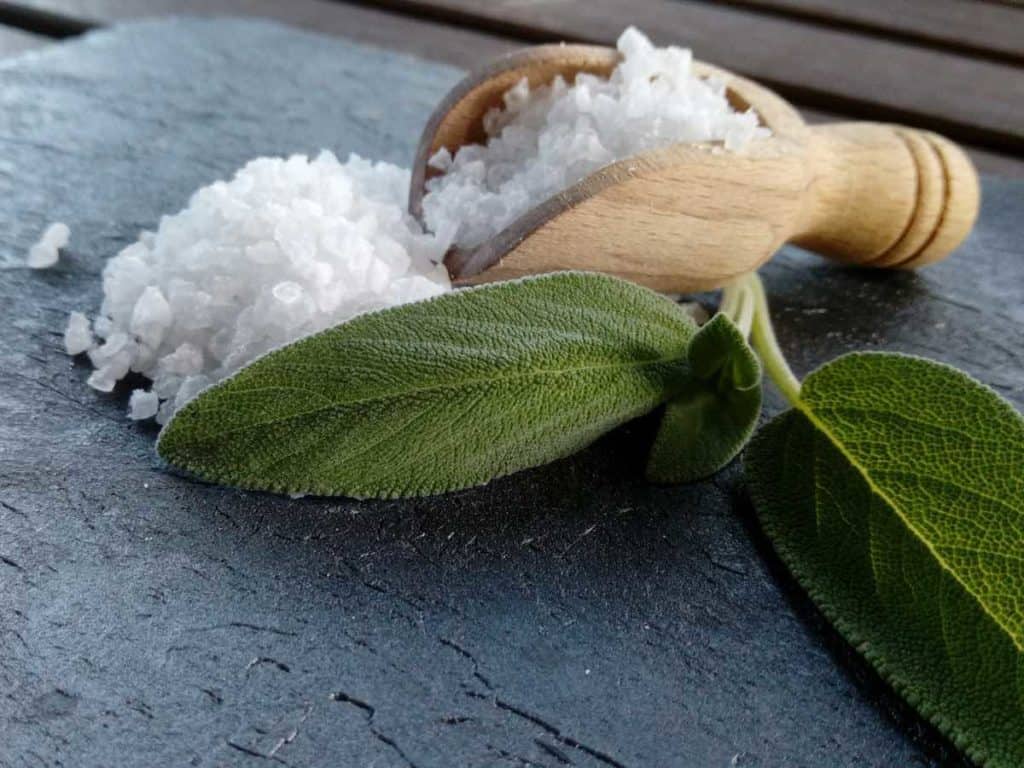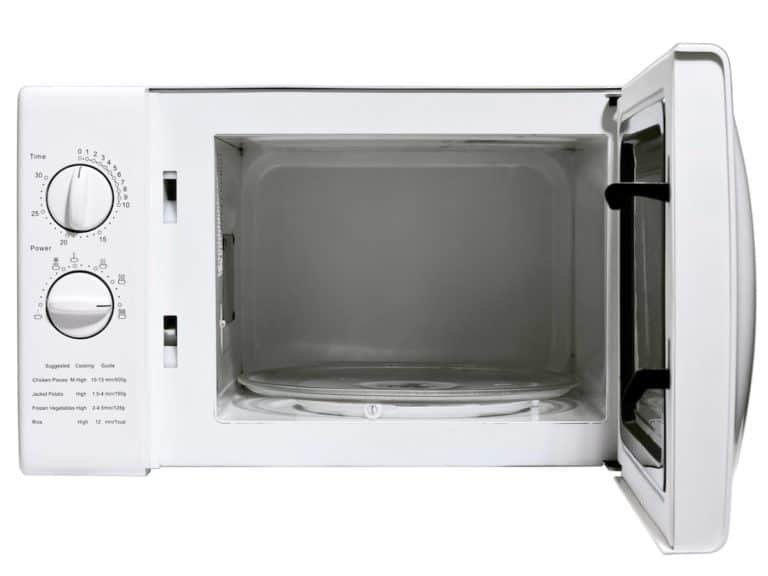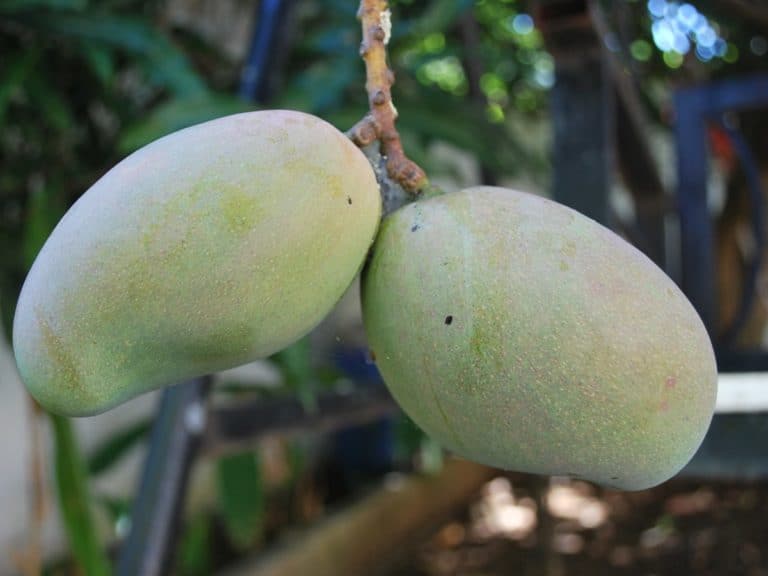What Is Cheese Salt?
If you’ve never tried to make cheese yourself, you might not be aware of salt’s role in the process. Without cheese salt, cheese would be less nutritious. It would also be subject to quality issues like acidity and decay.
Cheese salt is a non-iodized salt that is used in making cheese. Cheese salt is responsible for minimizing spoilage, providing a supportive environment for beneficial bacteria, and contributing directly to the flavor of the cheese. Salt also affects the final texture and aroma of cheese.
Are you planning on making your own cheese? You need to know exactly what cheese salt is and what role it plays in the process of cheesemaking to pull it off. Keep reading to learn more about cheese salt and how salt affects your final product when you’re processing cheese.
What Is Cheese Salt Made Of?
Cheese salt might sound like cheese-flavored salt, but it’s actually any non-iodized salt that is used in the process of cheesemaking. When cheese is processed, salt plays an important chemical role in the formation of the cheese and its flavor profile.

Is There a Substitute for Cheese Salt?
There is salt that is commercially marketed for use in cheesemaking. However, this branded cheese salt is no different in chemical composition than any fine or flaky non-iodized salt. As long as the salt hasn’t been iodized, it can substitute for commercial cheese salt in cheesemaking.
Can Himalayan Pink Salt Be Used for Cheesemaking?
Himalayan pink salt is a great source of salt for cheesemaking because the natural makeup of minerals in the salt adds great flavor to both soft and hard kinds of cheese. Pink salt usually comes in a coarse and chunky consistency at the market.
To be used successfully in cheesemaking, Himalayan salt should be ground very finely or used in a flake form.
Are Kosher and Sea Salt Non-Iodized?
Kosher and sea salt are both non-iodized salts, which means they can both successfully be used in making cheese. Even though cheese salt is sometimes marketed alongside other cheesemaking supplies, this salt is no different than any other non-iodized salt you can find at the grocery store.
How Is Cheese Salt Different Than Kosher Salt?
On the surface, cheese salt isn’t really that different from kosher salt. Rather than referring to kosher practices, kosher salt refers to a type of salt that is ground unevenly and finely. This type of salt is named for the Jewish practice of using loose flake salt to drain blood from freshly butchered meat.
Kosher-certified salt is different from cheese salt in that it is certified for kosher consumption. This means that the salt has been produced under guidelines that meet kosher regulations.
Why Isn’t Iodized Salt Used in Cheesemaking?
Salt is a necessary part of making cheese, but iodized salt is generally not recommended in cheesemaking. This is for a few different reasons:
- Non-iodized salt isn’t bleached. Iodized salt isn’t used for cheesemaking since it adds unnecessary additives and chemicals to the cheese. Since many people make their own cheese for access to a healthy alternative to processed cheese, any excess chemicals are typically avoided.
- Overexposure to iodine isn’t healthy. Cheese made from iodized salt is banned in many countries (including France) due to the threat of excess iodine consumption. Excess iodine intake can lead to medical problems such as goiters, thyroid inflammation, and thyroid autoimmunity.
- Iodized salt is bad for fermentation. Iodine interferes with the beneficial bacteria that cheese needs to ferment properly. This can affect how quickly and effectively cheese is processed.
Iodized salt can be used in cheese, but it isn’t a good idea if you have any alternative. Excess chemicals side, the effect of iodized cheese on cheese longevity and spoilage is enough reason to avoid it if you have any other choice in salt for cheesemaking.
What Is the Purpose of Salt in Cheesemaking?
Salt is a crucial ingredient in cheesemaking and has several functions in the process. Here are a few of the reasons that salt is added to cheese:
- Preserves the cheese: Salt helps to keep cheese from spoiling and makes it last longer. Salt is commonly used to preserve many different kinds of food for its ability to deter bacteria from causing the cheese to mold and decay.
- Improves cheese flavor: Most types of cheese are renowned for their salty, tangy flavor. Cheese needs salt to improve its flavor. Without the right amount of salt, cheese may become too acidic during the aging process. This acidity can give cheese a sour and off-putting flavor.
- Develops cheese texture: Salt helps cheese coagulate properly and form the right texture during processing. Salt has a major impact on the moisture levels in cheese as it forms, and this is the chemical trait that ultimately affects how crumbly or moist the cheese is when it’s finished.
Without salt added during production, cheese wouldn’t last as long as it does. It definitely wouldn’t taste like cheese as most people know it.
Why Is Flake Salt Preferred for Cheesemaking?
Finely flaked salt is preferred in cheesemaking. The most important criterion for salt in cheesemaking is to make sure it is fine. Salt also comes in large pieces in forms such as rock salt, but this salt is unsuitable for cheesemaking.
The reason you need fine salt for cheesemaking is that it leads to a more consistent and balanced flavor. Chunky salt may leave some parts of the cheese undersalted and some parts of the cheese overly salty. Fine flake salt adheres well to cheese and is better suited for cheesemaking.
Salt that is a heavy or large-grained texture such as Himalayan salt can still be used in making cheese. However, to use this type of heavy salt, it needs to be further processed into a fine powder by working it with a grinder or a similar tool.
Salt is Vital for Cheesemaking
Whether you use flake salt or fine grain salt, salt is a crucial element in the cheesemaking process. If you’re making your own cheese at home, it’s worth investing in a high-quality non-iodized flake salt to get the best possible results from your cheesemaking efforts.
Read Also: What Happens to Shredded Cheese If Left Out Overnight




![How to Broil Without a Broiler [Creative Methods]](https://foodwine.com/wp-content/uploads/2021/12/broil-chicken-j1216-768x576.jpg)
